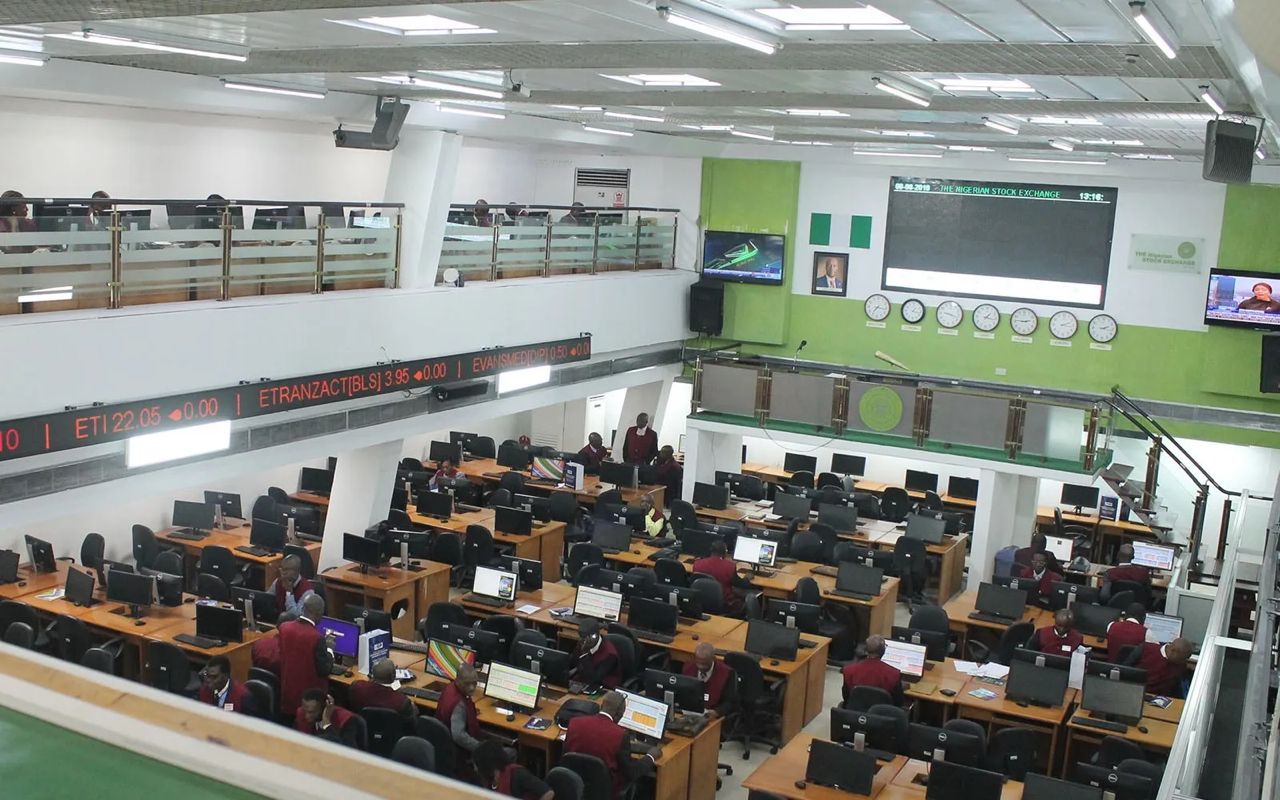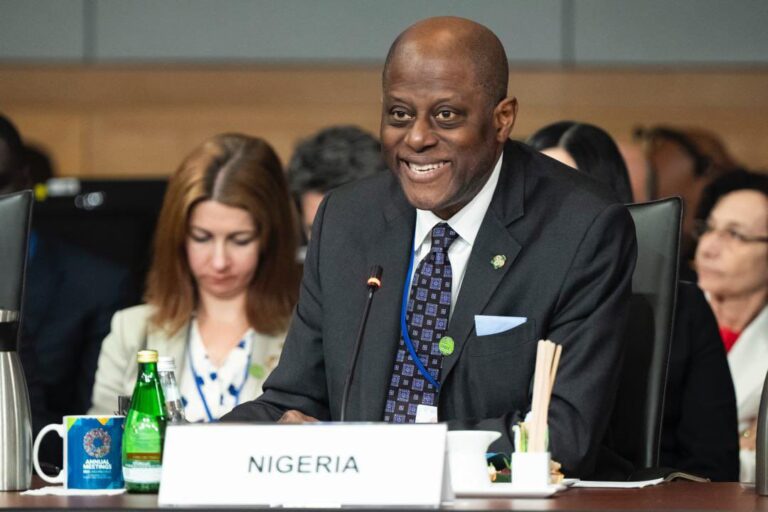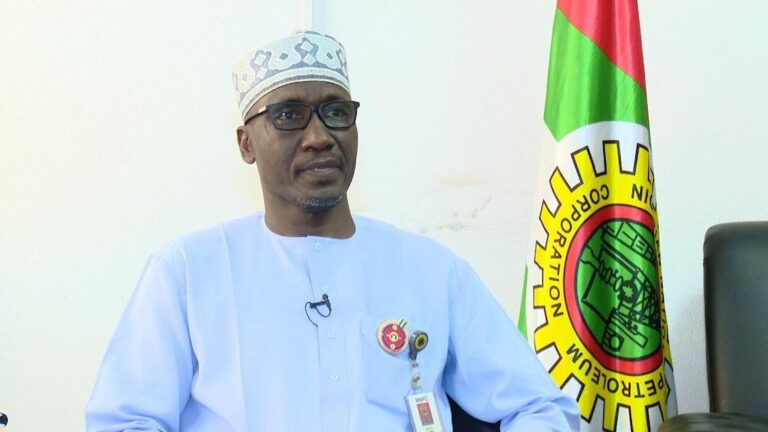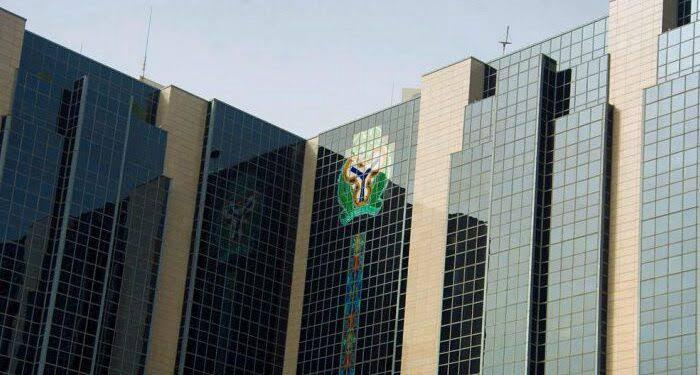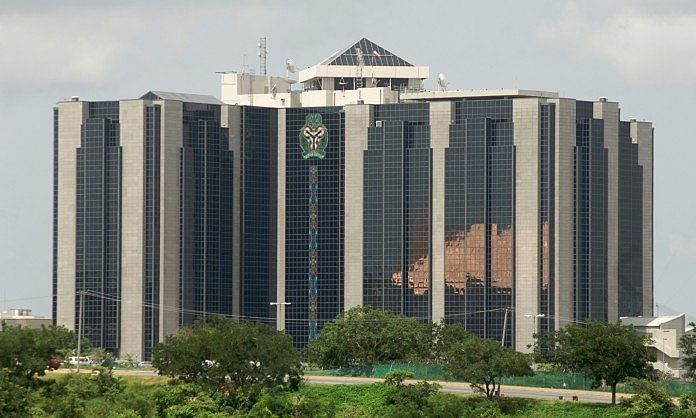By: ThinkBusiness Africa
Nigeria is positioning itself as one of the most operationally efficient capital markets in sub-Saharan Africa, following the country’s recent implementation of 2 business day (T+2) settlement on equities trades, aligning itself with global standards, and other African counterparts who have recently upgraded from the historical 3 – 5 business days (T+3 & T+5) settlement circle.
African stock exchanges are progressively adopting shorter settlement cycles to align with international best practices, reduce risk, and improve liquidity.
Recently, the Security and Exchange Commission (SEC) announced that from November 28, investors will get their funds or securities faster (under T+2), allowing them to reinvest capital more quickly, which will boost overall market activity and liquidity.
Nigeria stock exchange (NGX) isn’t the first African exchange to implement T+2 settlement circle, Rwanda stock exchange (RSE) and Egypt stock exchange (EGX) have been in T+2 for some time now. The country’s commitment solidifies T+2 as the modern standard for major African financial centres due to the size of the NGX with a capitalization of $64.8 Billion, second largest in Africa; only behind Johannesburg stock exchange in South Africa with $1.3 trillion capitalization.
“The Commission expects this migration to have a significant impact on the profile of the Nigerian Capital market. SEC emphasized.”

Settlement cycle In different countries exchanges across the globe.
| Country | Settlement Cycle |
| USA (New York stock exchange) | T+1 (Trade date + 1 business day) |
| European Union (27 countries) (Euronext) | T+2 (Trade date + 2 business days) |
| South Africa (Johannesburg stock exchange) | T+3 (Trade date + 3 business days) for equities on-market. |
| Ghana stock exchange (GSE) | T+3 (Trade date + 3 business days) for equities on-market |
| Egyptian stock exchange (EGX) | T+2 (Trade date + 2 business days) |
| Kenya (Nairobi security exchange) | T+3 (Trade date + 3 business days) for equities on-market. |
| Uganda security exchange (USE) | T+3 (Trade date + 3 business days) for equities on-market. |
| Rwanda stock exchange (RSE) | T+2 (Trade date + 2 business days) |
T+2 means equities transactions will take trade date + 2 business; while T+3 means transactions will take less time trade date + 3 business days to settle.
NGX’s recent move to a shorter settlement cycle will not only reduce counterparty risk, and improve market liquidity; Also it puts immense pressure on remaining T+3 markets (like Kenya, Ghana, and Uganda) to accelerate their own transition plans to avoid being seen as lagging.



